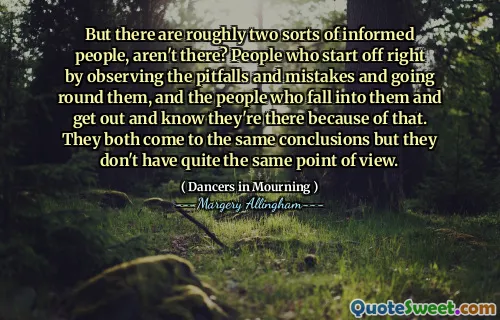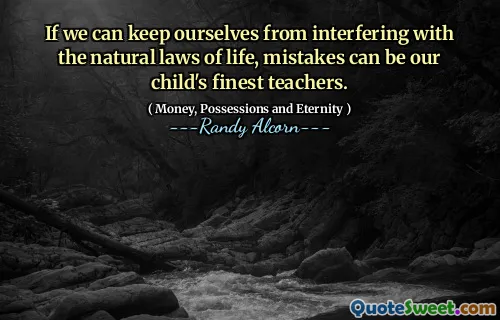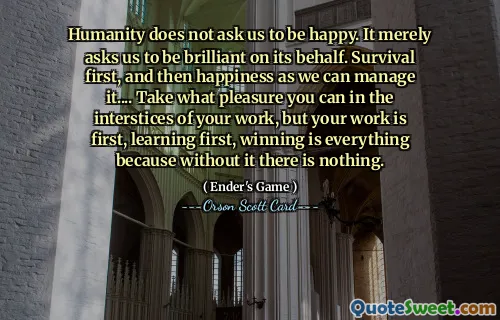
But there are roughly two sorts of informed people, aren't there? People who start off right by observing the pitfalls and mistakes and going round them, and the people who fall into them and get out and know they're there because of that. They both come to the same conclusions but they don't have quite the same point of view.
This quote highlights the different pathways through which individuals acquire knowledge and wisdom. The first group consists of those who approach life and challenges with caution and foresight, actively learning from observed mistakes and pitfalls to navigate their journey more smoothly. Their proactive stance demonstrates a deliberate effort to avoid errors by paying attention to the experiences of others and their own past. The second group, however, encounters difficulties firsthand, falls into problems, but’s able to recognize and rectify them thereafter. Their experiential learning often provides a unique perspective because it involves direct involvement and subsequent reflection. Although both groups arrive at similar conclusions—understanding pitfalls, gaining insight, and improving their approach—their points of view differ. The first sees prevention as preferable, valuing caution and planning, while the second may see value in resilience and adaptability through experiencing adversity. These perspectives are integral to human growth, emphasizing that wisdom can be gained either through foresight or experiential downfall. Recognizing these differing vantage points can deepen our empathy and improve our approach in mentorship, education, and leadership. It also suggests that both paths are valid and complementary, enriching the spectrum of human understanding and decision-making. Appreciating both perspectives can lead us to more inclusive strategies for personal development and problem-solving, recognizing that different experiences contribute uniquely to our collective wisdom.




